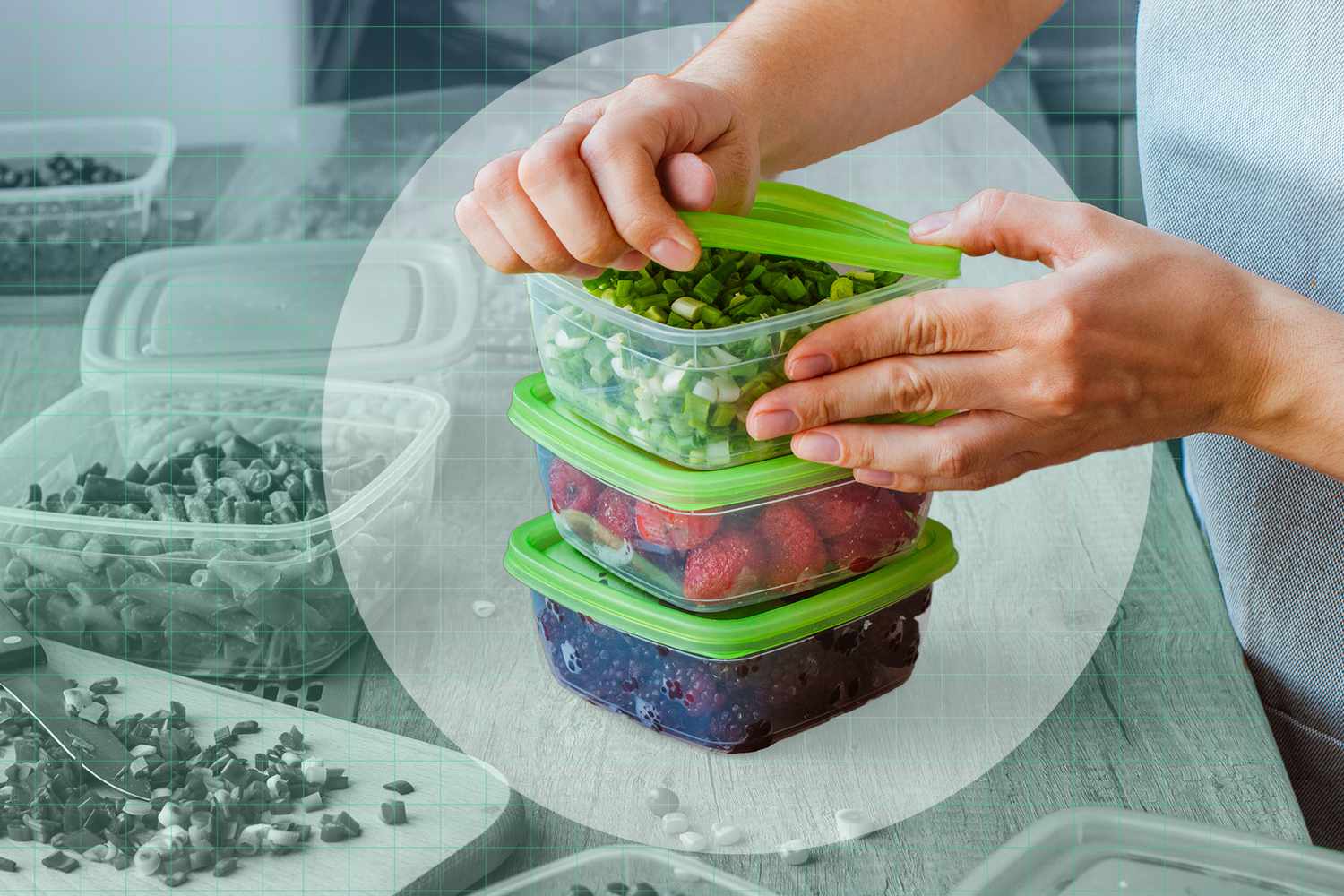

Articles
How To Store Fresh Fruit
Modified: February 27, 2024
Learn the best methods for storing fresh fruit in this informative article. Find out how to keep your fruit fresh and flavorful for longer.
(Many of the links in this article redirect to a specific reviewed product. Your purchase of these products through affiliate links helps to generate commission for Storables.com, at no extra cost. Learn more)
Introduction
When it comes to enjoying fresh fruit, there’s nothing better than biting into a juicy, perfectly ripe piece. However, it can be disappointing when your fruit starts to spoil before you have the chance to eat it all. That’s where proper fruit storage techniques come in. By learning how to store fresh fruit correctly, you can extend its shelf life and ensure you get to savor every delicious bite.
In this article, we will explore the various aspects of storing fresh fruit, including choosing the right fruit, preparing it for storage, and implementing proper storage techniques. We will also discuss the benefits of refrigeration versus room temperature storage and provide specific guidelines for storing different types of fruits. Additionally, we will offer tips on how to extend the shelf life of your fruit and prevent spoilage for maximum enjoyment.
So, whether you have an abundance of fresh fruit from your garden or have recently stocked up on the season’s best picks at the local market, keep reading to discover how to store your fruit the right way.
Key Takeaways:
- Choose ripe, seasonal, and organic fruits for optimal freshness. Properly wash, dry, and prepare fruits for storage to maintain quality and extend shelf life.
- Refrigerate most fruits, but store citrus fruits and bananas at room temperature. Utilize proper storage techniques and preventative measures to minimize fruit spoilage and maximize enjoyment.
Read more: How To Store Fresh Fruit In Mason Jars
Choosing the Right Fruit
When it comes to storing fresh fruit, one of the key factors in ensuring its longevity is choosing the right fruit to begin with. Here are some tips to help you make the best selection:
- Choose ripe, but not overly ripe fruit: Select fruit that is slightly firm to the touch and has a pleasant aroma. Avoid fruits that are overly soft, bruised, or have moldy spots.
- Consider the season: Seasonal fruits are often the freshest and tend to have the best flavor. Choose fruits that are in season for optimal freshness and taste.
- Opt for organic or locally sourced fruits: Organic fruits are grown without the use of chemical pesticides and fertilizers, making them a healthier option. Locally sourced fruits are usually picked at their peak ripeness and have a shorter travel time, resulting in better flavor.
- Inspect the skin: The skin of the fruit should be smooth and free from blemishes. Avoid fruits with cuts, cracks, or signs of damage as they may spoil more quickly.
- Consider the purpose: Different types of fruit have varying shelf lives. If you plan to store the fruit for an extended period, opt for varieties that have a longer shelf life, such as apples or citrus fruits.
By being selective and choosing the right fruit, you set the stage for successful fruit storage. Remember that freshness and quality are essential factors that contribute to the shelf life and taste of your stored fruit.
Preparing the Fruit for Storage
Before storing fresh fruit, it is important to properly prepare it to maximize its shelf life. Here are some steps to follow when preparing your fruit for storage:
- Wash and dry: Start by washing the fruit thoroughly under cool water to remove any dirt or residue. Use a gentle scrub brush for fruits with tougher skins, such as apples or oranges. After washing, make sure to dry the fruit completely to prevent moisture buildup, which can lead to spoilage.
- Remove damaged or bruised areas: Inspect the fruit carefully and remove any damaged or bruised areas. These areas are more likely to spoil quickly and can affect the surrounding fruit. Cut out any spots or blemishes using a clean knife.
- Remove stems, leaves, and cores: For fruits like strawberries or grapes, remove any stems or leaves before storage. For fruits like apples or pears, cut out the core before storing. Removing these parts not only enhances the fruit’s appearance but also helps prevent spoilage.
- Consider blanching: Some fruits, such as peaches or apricots, benefit from blanching before storage. Blanching involves briefly immersing the fruit in boiling water, then transferring it to an ice bath to halt the cooking process. This technique helps preserve the fruit’s color, texture, and nutrient content.
By following these preparation steps, you ensure that your fruit is clean, free from damage, and ready to be stored. This helps maintain its quality and extends its shelf life, allowing you to enjoy it for longer periods.
Proper Storage Techniques
Now that you have chosen and prepared your fresh fruit, it’s time to delve into the proper storage techniques to keep them fresh and delicious. Here are some key methods to consider:
- Separate ethylene-producing fruits: Some fruits, like apples, bananas, and avocados, release a natural gas called ethylene that can speed up the ripening process of other fruits. To prevent premature spoilage, store these ethylene-producing fruits separately from other fruits.
- Wrap individual fruits: For certain fruits, such as berries or delicate fruits like peaches, individually wrapping them in paper towels or breathable food storage bags can help absorb excess moisture and prevent them from getting squished or damaged.
- Utilize a fruit bowl: A fruit bowl can be a convenient and attractive storage option for fruits that don’t require refrigeration. Place the bowl in a cool, well-ventilated area away from direct sunlight to maintain optimal freshness.
- Store in a perforated bag: For fruits like grapes or cherries, storing them in a perforated bag or container helps maintain airflow and prevent moisture buildup. This helps prevent mold or spoilage while preserving their texture.
- Use airtight containers: Fruits like sliced melons or citrus fruits can be stored in airtight containers to retain their moisture and prevent them from drying out in the refrigerator.
- Consider freezing: Freezing can be a great option for fruits that won’t be consumed within a few days. Clean and slice the fruit, arrange them in a single layer on a baking sheet, and then transfer them to freezer-safe bags or containers. Freezing allows you to enjoy your favorite fruits year-round.
By implementing these proper storage techniques, you can extend the shelf life of your fresh fruit and maintain their flavor, texture, and nutritional value. Remember to adjust the storage method based on the specific fruit type to ensure the best results.
Refrigeration vs. Room Temperature Storage
When it comes to storing fresh fruit, one common question that arises is whether to refrigerate or store at room temperature. The answer depends on the type of fruit and its ripeness. Here are some guidelines:
Refrigeration:
- Most fruits: The majority of fruits benefit from refrigeration to slow down the ripening process and prolong their shelf life. Examples include berries, stone fruits (such as peaches and plums), grapes, and melons.
- Cut fruits: Sliced or cut fruits should always be refrigerated to prevent bacterial growth and maintain their freshness. This includes fruits like watermelon, pineapple, or cantaloupe.
- Ripe fruits: If your fruit is fully ripe and you don’t plan on consuming it immediately, store it in the refrigerator to preserve its freshness for a few more days.
Room Temperature Storage:
- Citrus fruits: Citrus fruits such as oranges, lemons, and limes can be stored at room temperature for up to a week. They are more resistant to spoiling and often maintain their quality even when left out.
- Bananas: Bananas are best stored at room temperature, as refrigeration can cause the skin to turn brown. However, if they become too ripe, placing them in the refrigerator can help slow down the ripening process.
- Avocados and tomatoes: These fruits can be stored at room temperature until they are ripe. Once they reach the desired level of ripeness, they can be refrigerated to extend their shelf life.
When deciding between refrigeration and room temperature storage, it’s important to consider the ripeness and type of fruit. Refrigeration generally helps maintain freshness and extends shelf life for most fruits, while room temperature storage works well for certain fruits that are more resistant to spoilage.
Keep in mind that once you refrigerate a fruit, it’s best to consume it within a few days to enjoy its optimal flavor and texture.
Store fresh fruit in the refrigerator to slow down the ripening process and keep it fresh for longer. Keep fruits like apples and bananas separate as they release ethylene gas, which can cause other fruits to ripen faster.
Read more: How To Make Fresh Fruit Baskets
Storing Specific Types of Fruits
When it comes to storing fresh fruit, different types of fruits have specific requirements to maintain their quality and freshness. Here are some guidelines for storing commonly enjoyed fruits:
Berries: Berries such as strawberries, blueberries, and raspberries are delicate and have a short shelf life. To prolong their freshness, remove any damaged or moldy berries, and store them in the refrigerator. Keep them unwashed until ready to eat to prevent moisture buildup.
Stone Fruits: Stone fruits like peaches, plums, and cherries should be stored in the refrigerator until they are fully ripe. Once they reach the desired ripeness, place them at room temperature to develop their sweet flavors. Eat them within a few days for the best taste.
Apples and Pears: These fruits can be stored in the refrigerator to maintain their crispness and flavor. Keep them in a breathable bag or crisper drawer to prevent them from absorbing moisture. Alternatively, store them at room temperature for a short period, but keep an eye on them as they may spoil faster than in the refrigerator.
Citrus Fruits: Oranges, lemons, and grapefruits can be stored at room temperature for up to a week. For longer storage, place them in the refrigerator. Keep in mind that when refrigerated, the zest may become tougher, so zest them before refrigeration if needed.
Bananas: Keep bananas at room temperature until they reach the desired ripeness. If you want to slow down the ripening process, place them in the refrigerator, but note that the skin will turn brown. You can peel and freeze ripe bananas for smoothies or baking purposes.
Melons: Whole melons such as watermelon, cantaloupe, and honeydew should be stored at room temperature until they are cut open. Once cut, wrap them tightly in plastic wrap or store them in airtight containers in the refrigerator.
Avocados: Store unripe avocados at room temperature until they are ready to eat. Once ripe, you can refrigerate them to extend their shelf life for a few more days. If only part of the avocado is used, keep the pit intact and store it in an airtight container to slow down the oxidation process.
Grapes: Grapes can be stored in the refrigerator to keep them firm and fresh. Avoid washing them until you are ready to eat to prevent moisture buildup. You can also freeze grapes for a refreshing snack.
Pineapple and Mango: These tropical fruits should be stored at room temperature until they are ripe. Once ripe, you can refrigerate them to extend their shelf life for a few more days. For convenience, you can cut them into slices and store them in airtight containers in the refrigerator.
By understanding the specific storage requirements for different types of fruits, you can ensure that each fruit stays fresh and flavorful, maximizing your enjoyment and reducing waste.
Extending the Shelf Life of Fresh Fruit
When it comes to enjoying fresh fruit, it’s always beneficial to extend its shelf life as much as possible. This ensures that you can savor your fruit for longer and minimize waste. Here are some tips to help extend the shelf life of your fresh fruit:
Buy fresh, ripe fruit: Choosing fruits that are at their peak ripeness when purchasing them gives you more time to enjoy them before they start to spoil. Avoid fruits that are overly ripe or have any signs of damage.
Handle with care: Handle your fruit gently to avoid bruising, cuts, or damage that can lead to spoilage. Place them in a separate bag or container when shopping to prevent them from being crushed or jostled.
Separate ethylene-producing fruits: As mentioned earlier, some fruits produce a gas called ethylene, which speeds up the ripening process. Keep ethylene-producing fruits like apples, bananas, and avocados away from other fruits to prevent them from ripening too quickly.
Store in the right temperature: Most fruits benefit from being stored in the refrigerator to slow down the ripening process. However, certain fruits like citrus fruits, bananas, and pineapples prefer room temperature storage. Understanding the ideal temperature for each fruit will help maintain their freshness.
Keep fruits dry: Moisture can lead to the growth of mold and bacteria, hastening the spoilage of your fruit. Make sure to dry your fruit thoroughly before storage and avoid storing them in excessively humid environments.
Store in breathable containers or bags: Opt for containers or bags that allow for airflow. Using breathable bags or containers prevents moisture buildup, helping to keep fruits fresh for longer. Avoid using plastic bags without any ventilation.
Regularly inspect and remove spoiled fruit: Continuously check your stored fruit for any signs of spoilage or mold. If you notice any fruit that has started to spoil, promptly remove it to prevent the spread of spoilage to other fruits.
Utilize freezing: If you have excess fruit or want to prolong its shelf life, consider freezing it. Clean and cut the fruit into appropriate portions, then store them in freezer-safe bags or containers for future use. Frozen fruits can be used in smoothies, baked goods, or enjoyed as a refreshing treat.
By implementing these methods, you can extend the shelf life of your fresh fruit, allowing you to enjoy its natural sweetness and nutritional benefits for an extended period.
Preventing Fruit Spoilage
One of the most frustrating things about storing fresh fruit is when it spoils before you have a chance to enjoy it. Fortunately, there are several measures you can take to prevent fruit spoilage and maximize the longevity of your produce. Here are some tips to help keep your fruit fresh for longer:
Properly store ripe and unripe fruit: Ripe fruit should be stored in the refrigerator to slow down the ripening process. Unripe fruit, on the other hand, should be kept at room temperature until it reaches the desired ripeness, and then refrigerated to maintain its freshness.
Avoid overcrowding: Crowded storage can lead to increased moisture buildup, which can accelerate fruit spoilage. Make sure to store your fruits in a well-ventilated area or use breathable storage containers to allow air to circulate around the fruit.
Check for signs of spoilage: Regularly inspect your stored fruit for any signs of mold, unusual odors, or soft spots. If you notice any spoiled fruit, remove it immediately to prevent it from affecting the surrounding fruit.
Separate fruits: Some fruits, such as apples and bananas, release ethylene gas which can speed up the ripening process of other fruits. Store ethylene-producing fruits separately from other fruits to prevent premature spoilage.
Avoid washing until ready to eat: Washing fruit before storing can introduce excess moisture, making them more prone to mold and spoilage. It’s best to wash fruits just before consuming them.
Store cut fruit properly: Once you’ve cut into a fruit, it becomes more susceptible to spoilage. Store cut fruit in airtight containers in the refrigerator to slow down the spoilage process.
Consume the most perishable fruits first: Fruits like berries and delicate fruits have a shorter shelf life compared to others. To prevent spoilage, prioritize consuming these fruits before they deteriorate.
Rotate your fruit: When adding new fruit to your storage, make sure to place it at the back of the storage space. This helps ensure that older fruit gets used first, reducing the risk of spoilage.
Utilize preservation techniques: If you have an abundance of fruit that you won’t be able to consume before it spoils, consider preserving methods such as making jams, jellies, or dehydrating the fruit to extend its shelf life.
By following these preventative measures, you can significantly reduce fruit spoilage and enjoy your fresh produce for a longer period, minimizing waste and maximizing your enjoyment of these delicious and nutritious treats.
Conclusion
Storing fresh fruit properly is crucial for preserving its flavor, texture, and nutritional value. By choosing the right fruit, preparing it for storage, and implementing proper storage techniques, you can extend the shelf life of your fruit and enjoy it for longer periods.
When selecting fruit, opt for ripe but not overly ripe options, considering the season, and inspecting the skin for any damage. Properly washing and drying the fruit, removing damaged areas, and considering blanching for certain fruits are essential steps to prepare them for storage.
Refrigeration is generally the preferred storage method for most fruits, as it slows down the ripening process and helps maintain freshness. However, some fruits, like citrus fruits and bananas, are better stored at room temperature. Additionally, understanding the specific storage requirements for different types of fruits is key to ensuring their longevity.
To extend the shelf life of fresh fruit, it’s important to handle them with care, separate ethylene-producing fruits, wrap or store them in breathable containers, and regularly inspect and remove any spoiled fruit to prevent spoilage from spreading. Freezing excess fruit and consuming the most perishable fruits first can also help reduce waste and extend enjoyment.
By following these recommendations, you can prevent fruit spoilage, reduce waste, and fully savor the natural sweetness and nutritional benefits of fresh fruit. So, the next time you indulge in a juicy piece of fruit, remember the tips and techniques shared in this article to ensure your fruit stays fresh and delicious for as long as possible.
Frequently Asked Questions about How To Store Fresh Fruit
Was this page helpful?
At Storables.com, we guarantee accurate and reliable information. Our content, validated by Expert Board Contributors, is crafted following stringent Editorial Policies. We're committed to providing you with well-researched, expert-backed insights for all your informational needs.
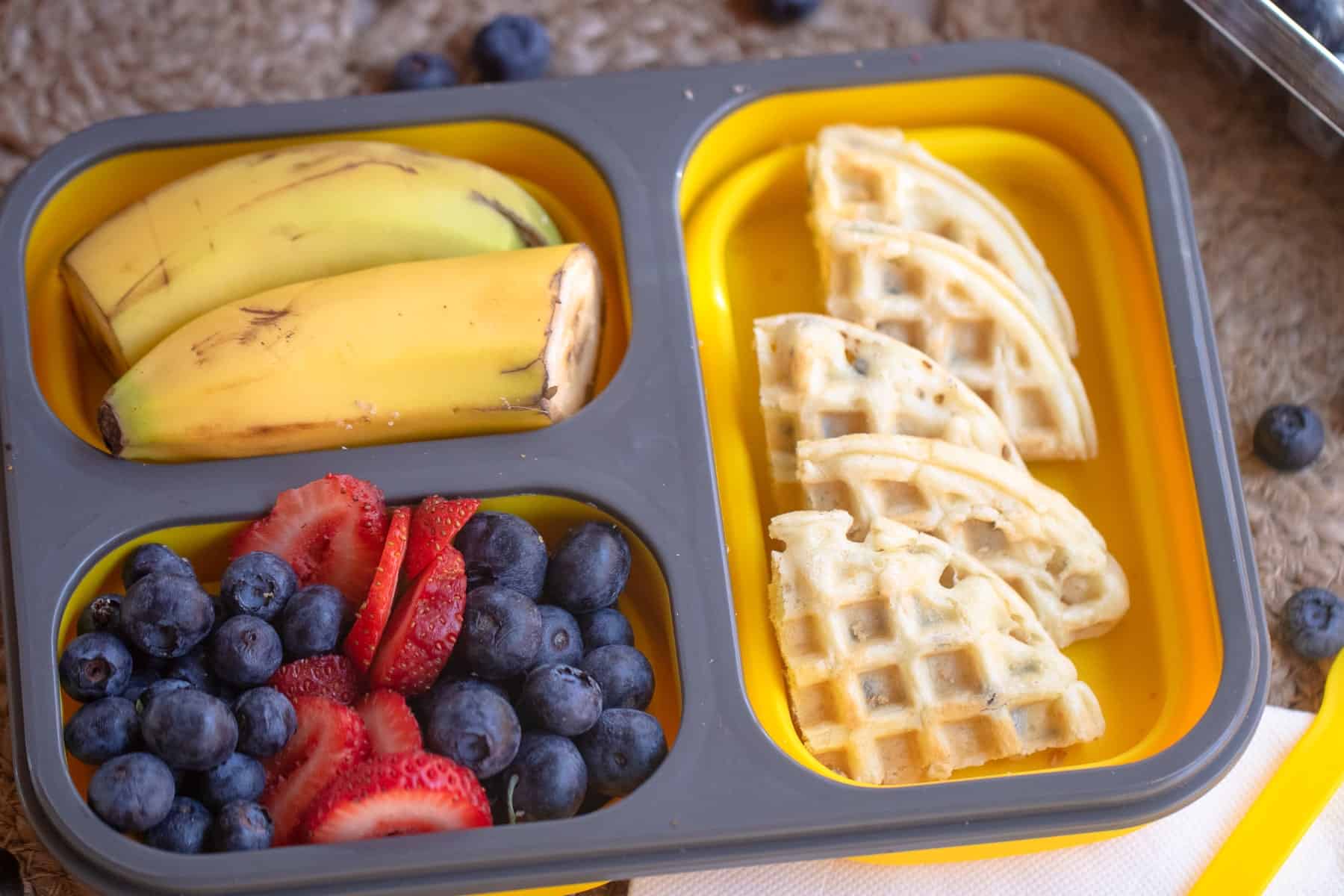
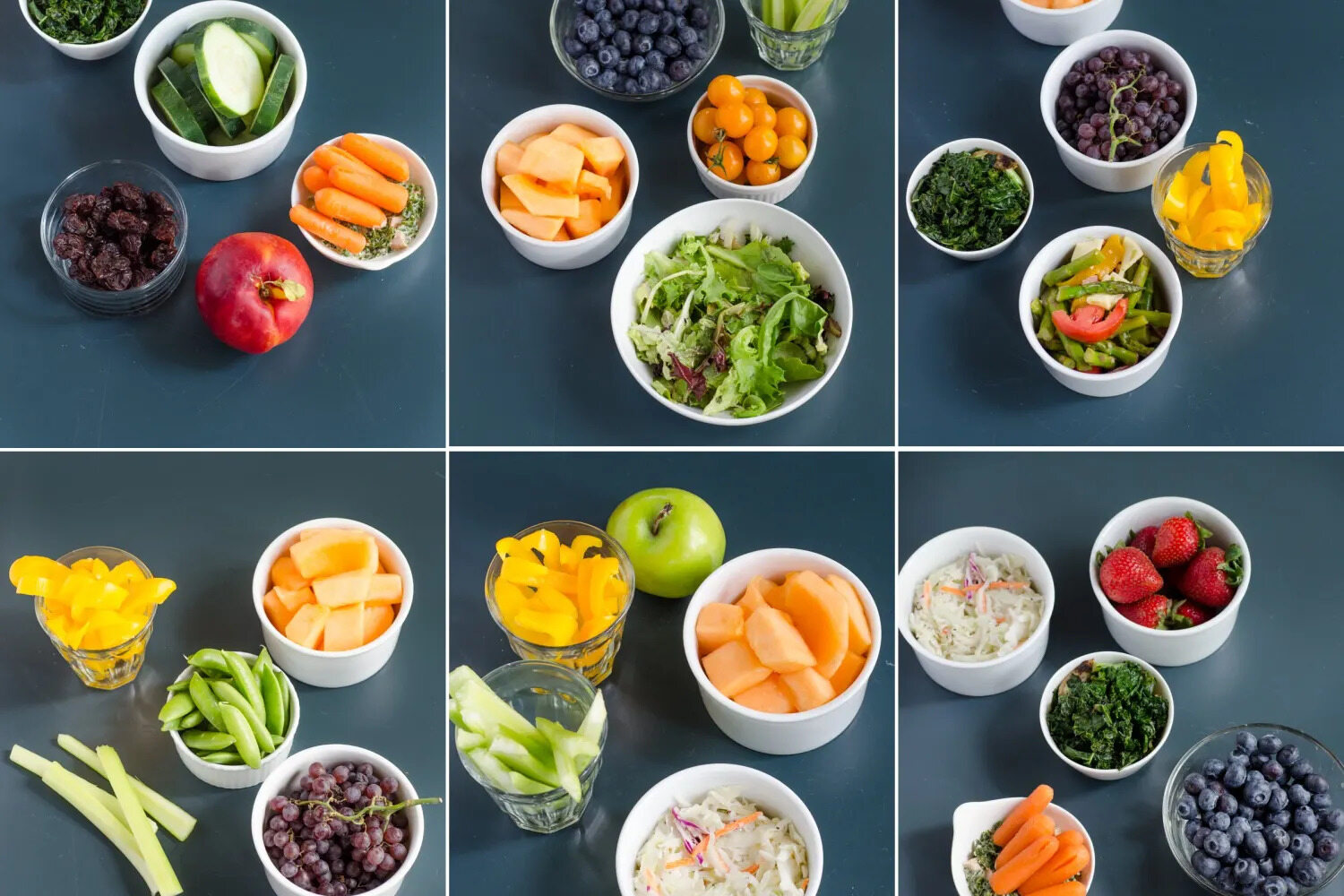
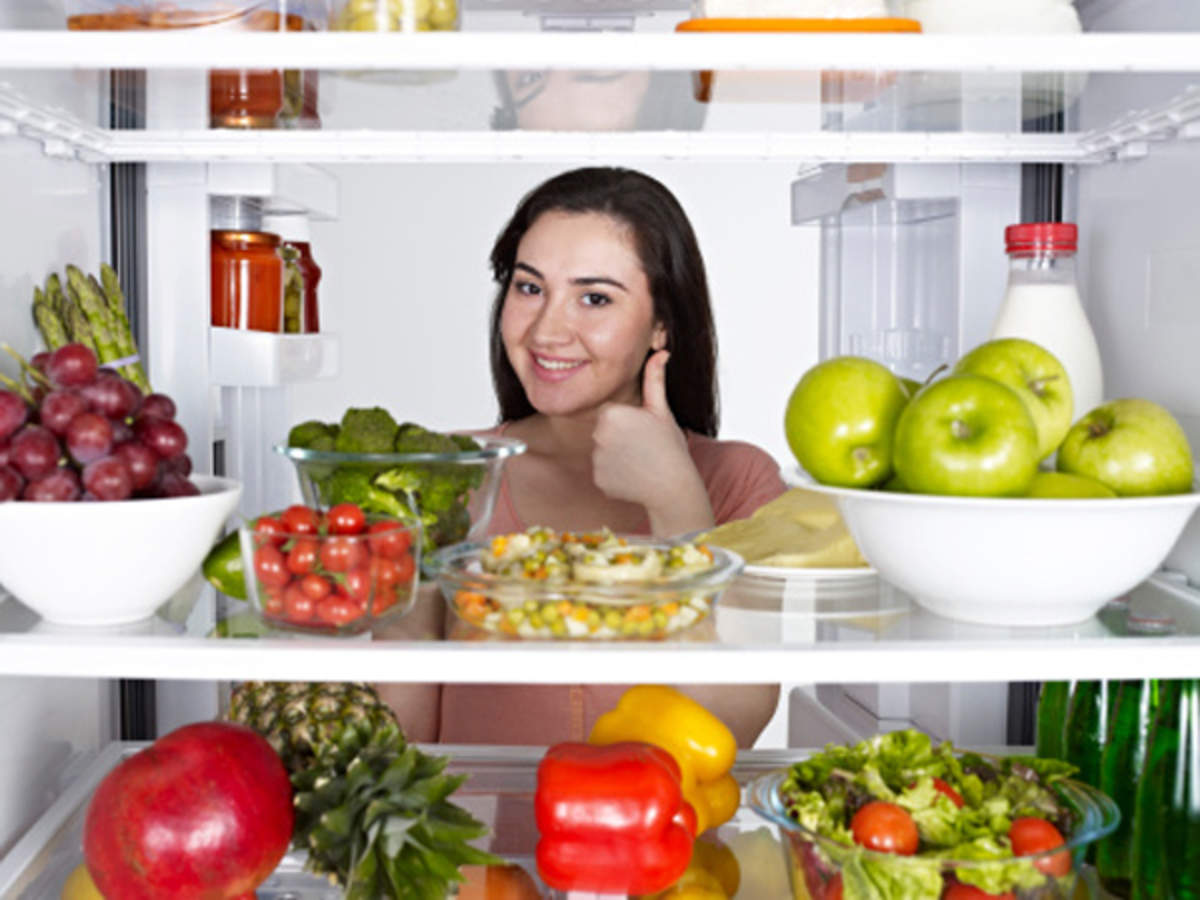
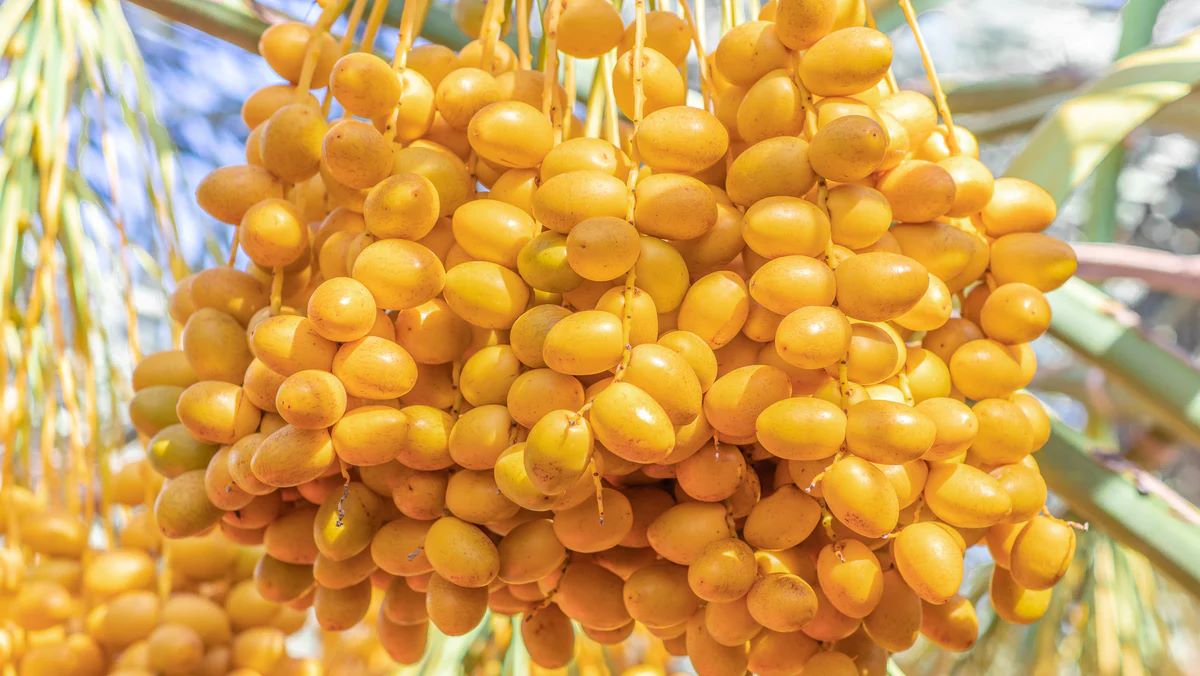
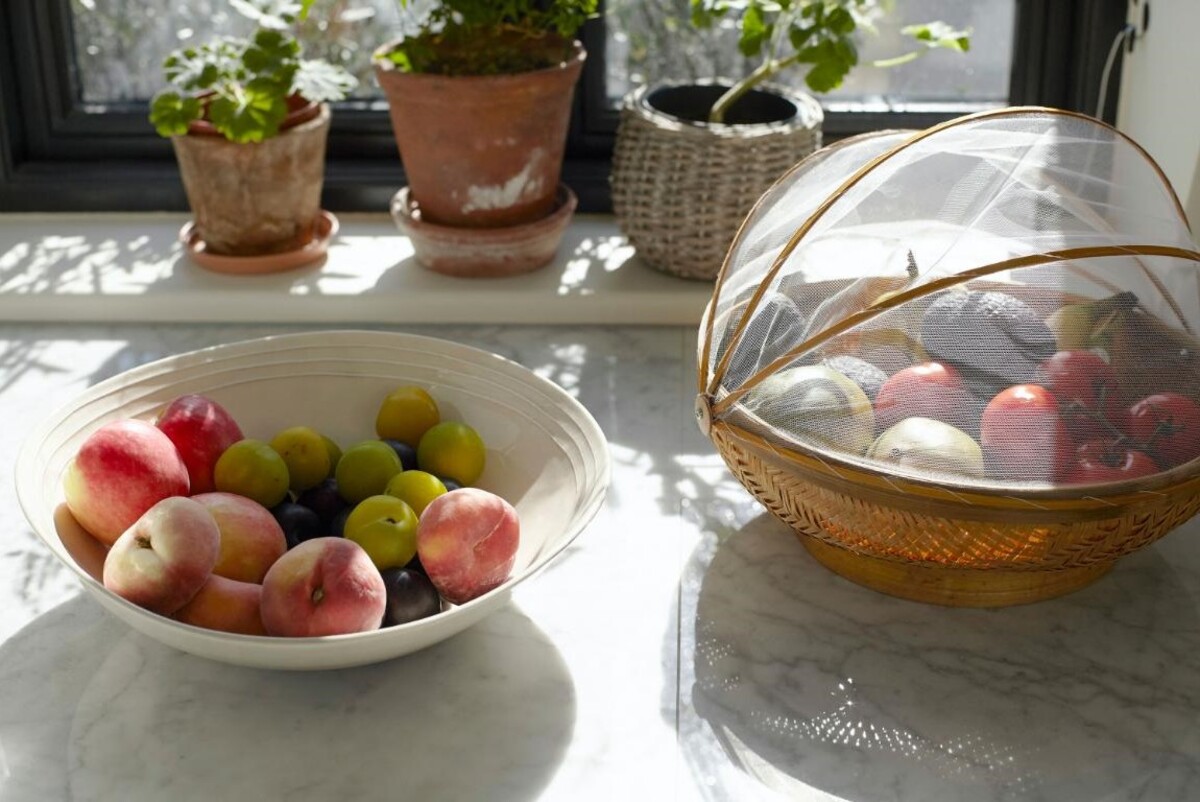
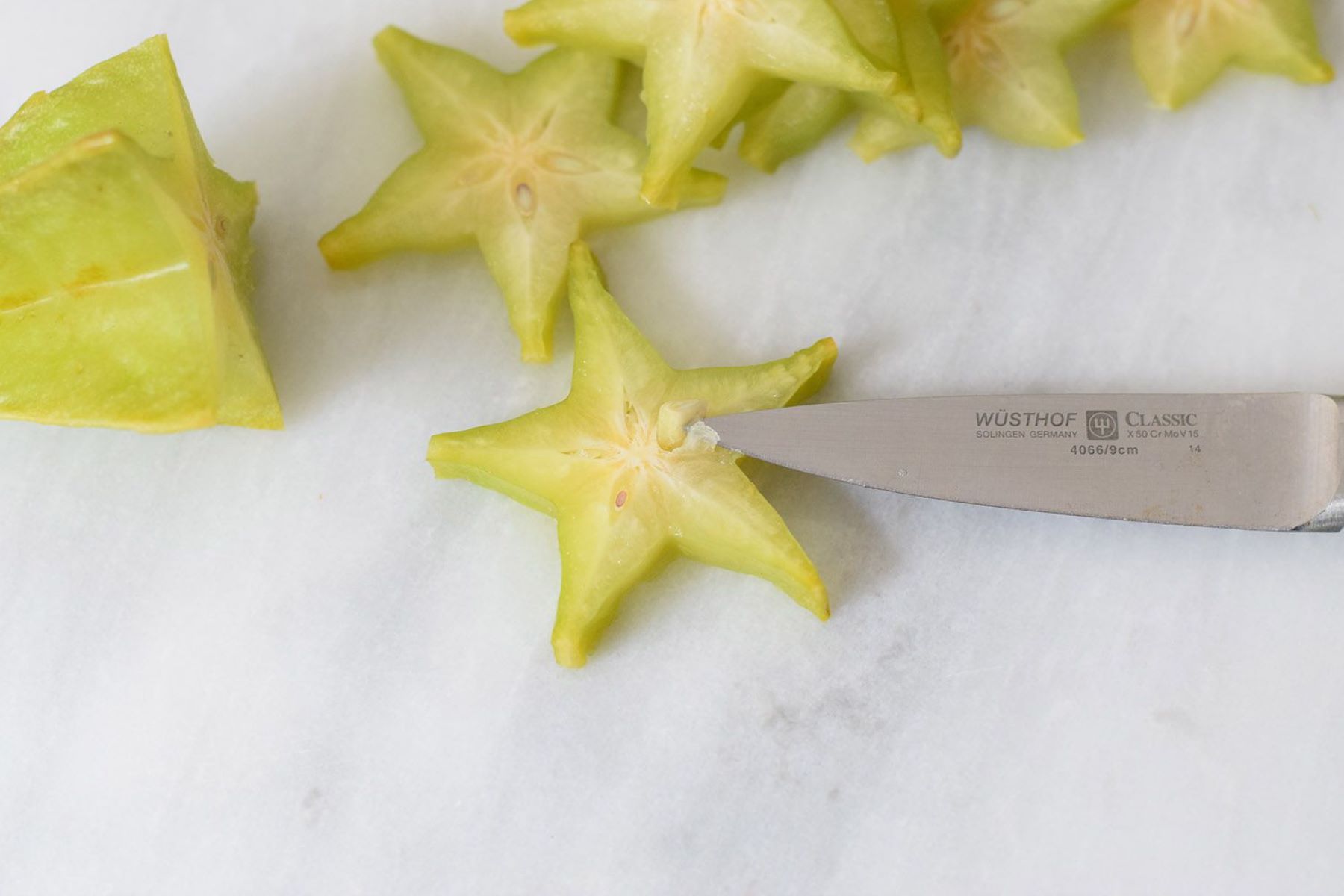
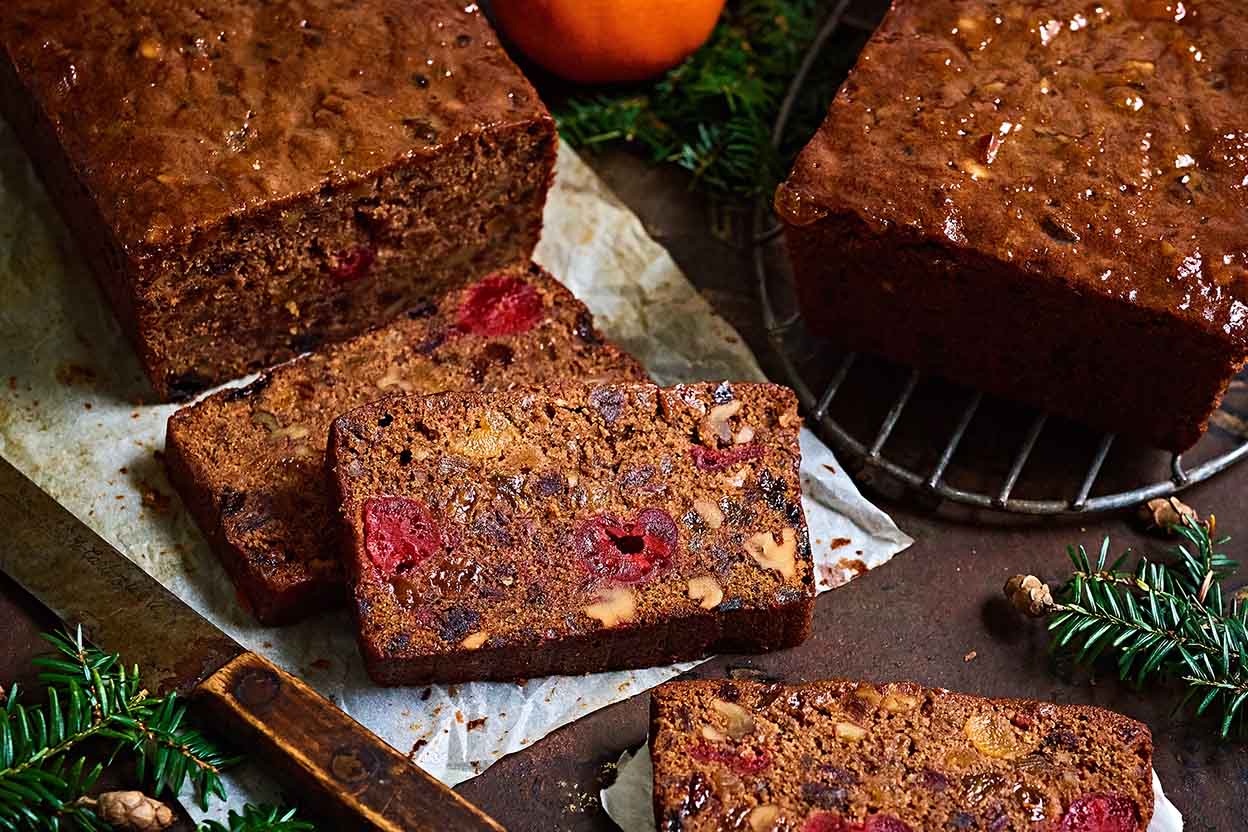
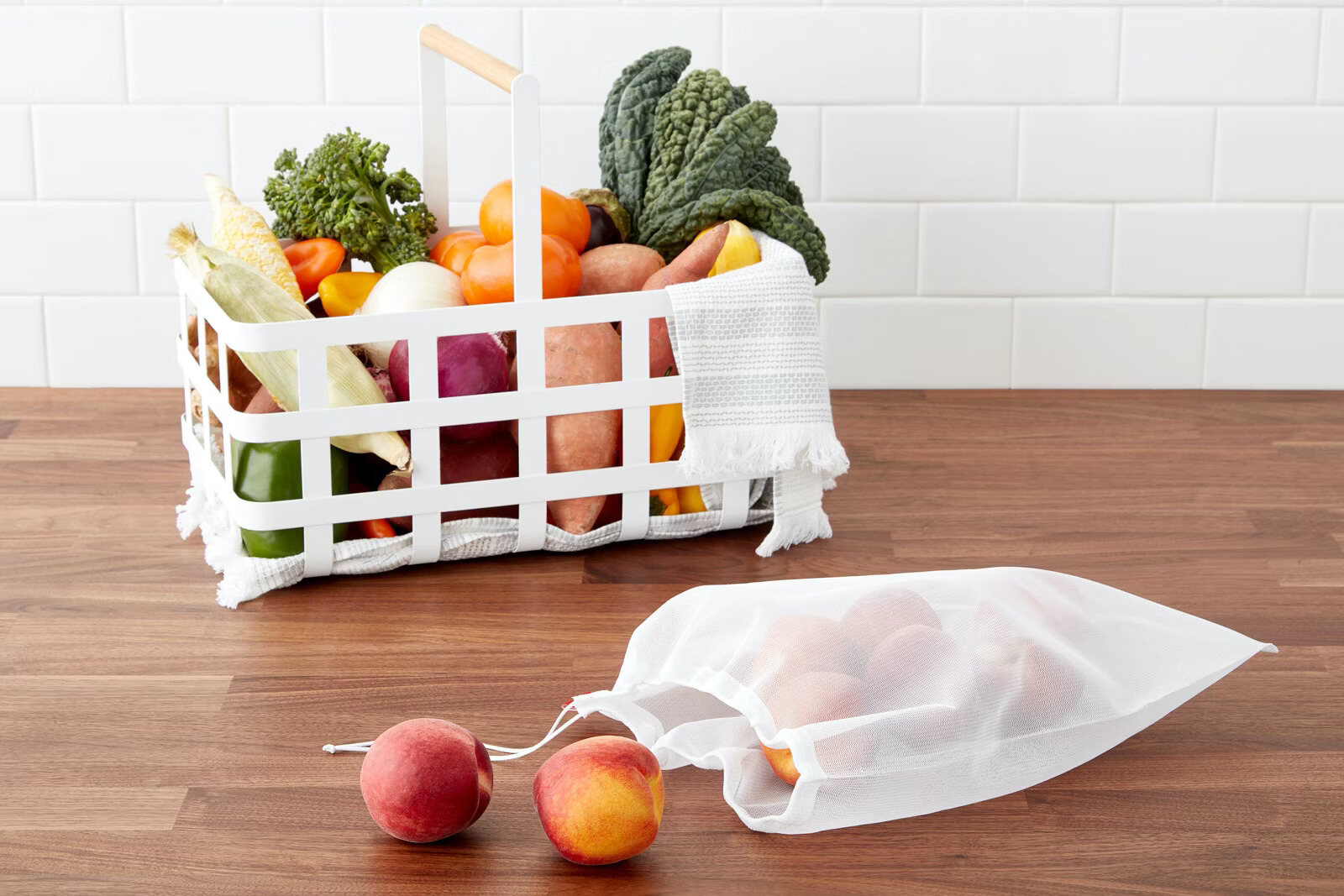
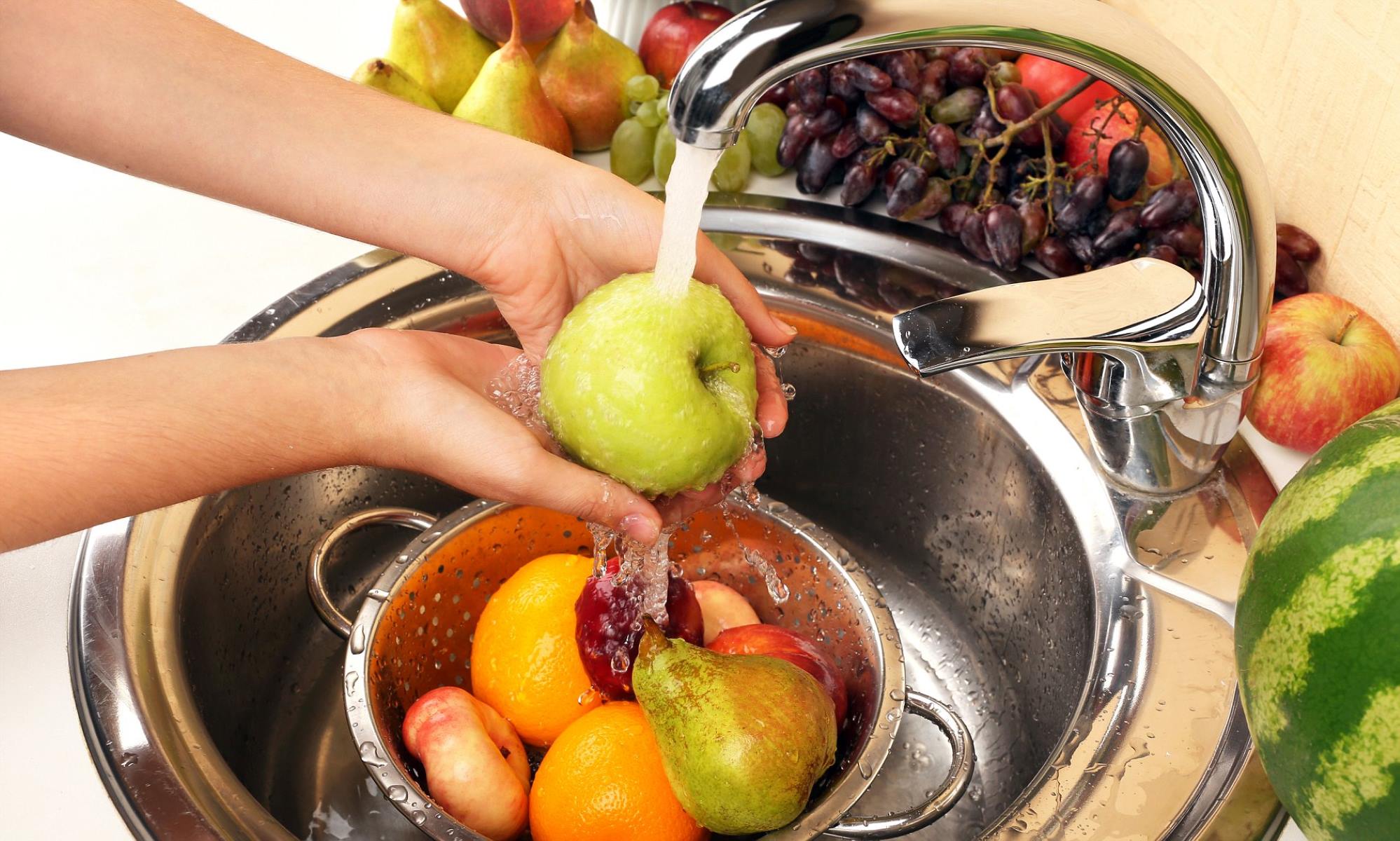
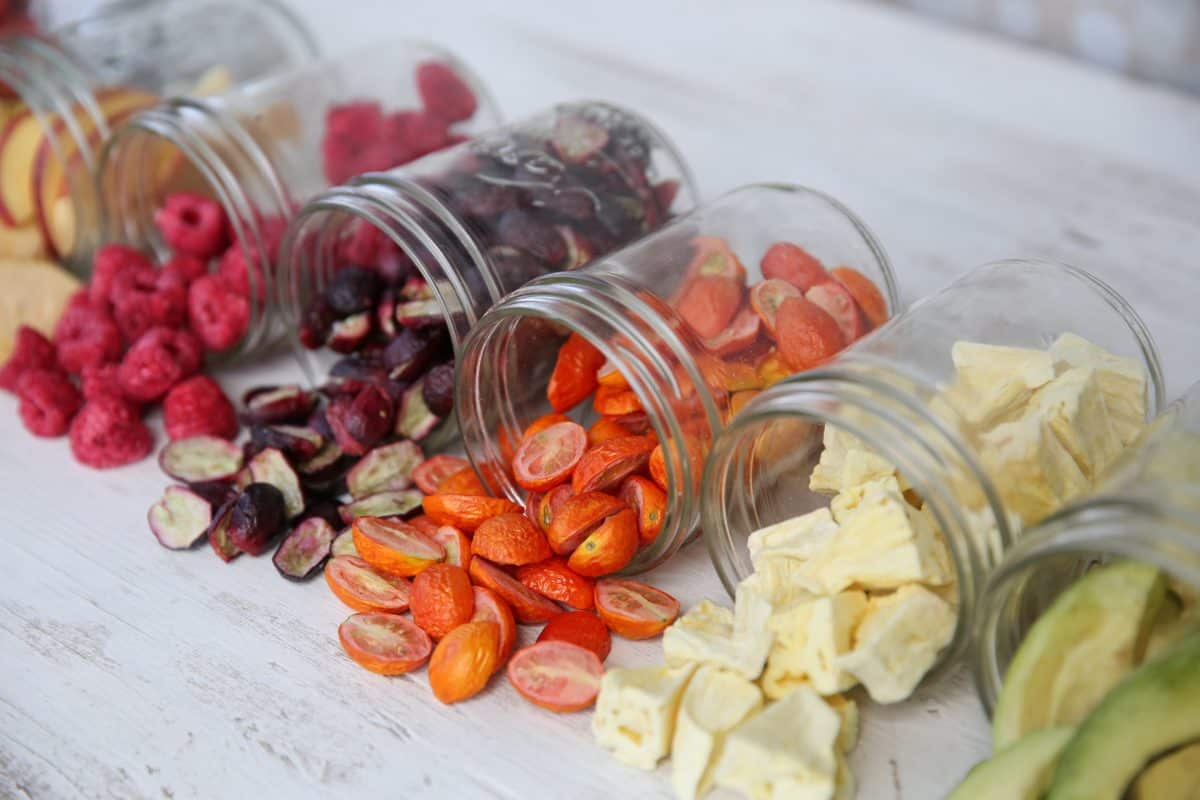
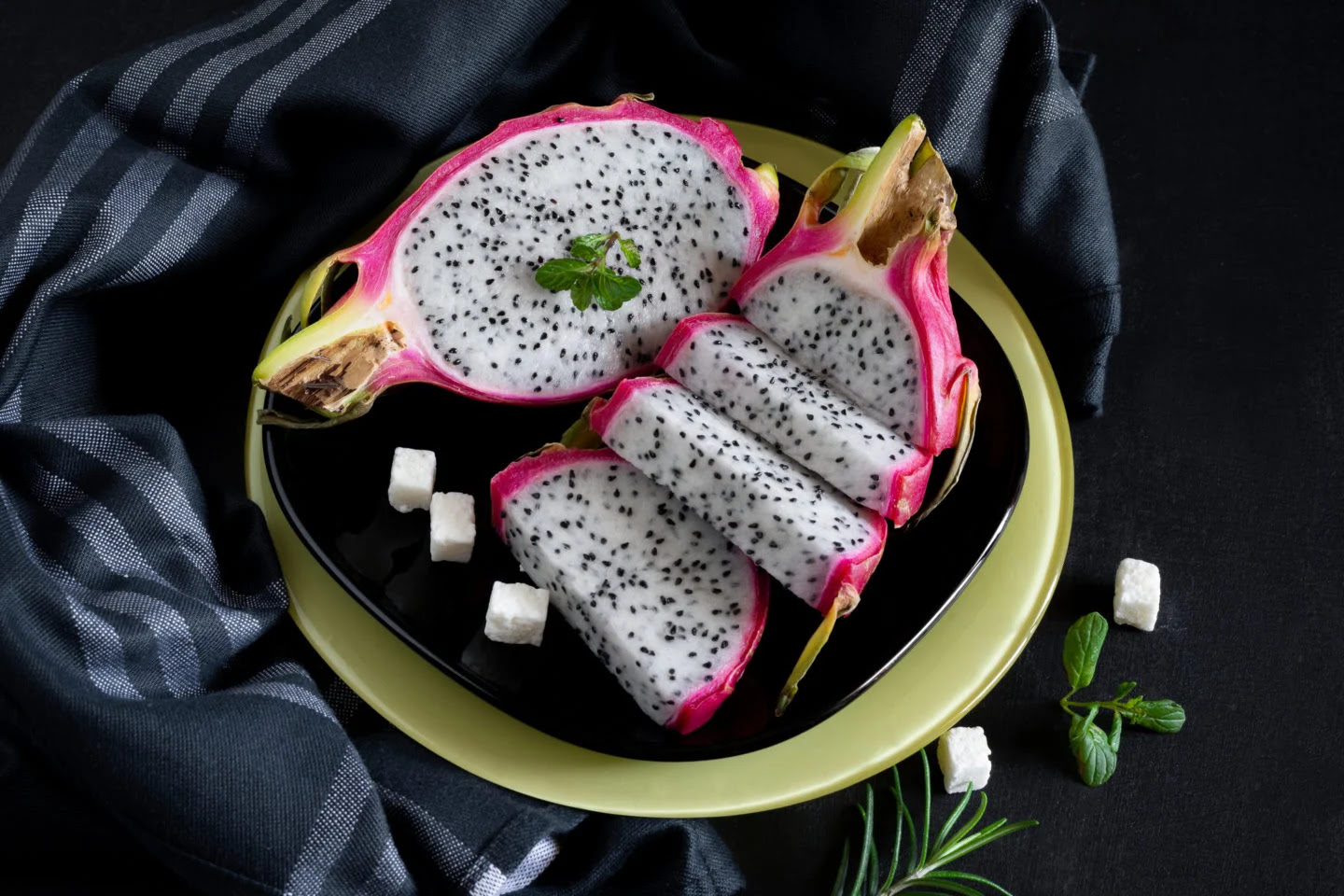
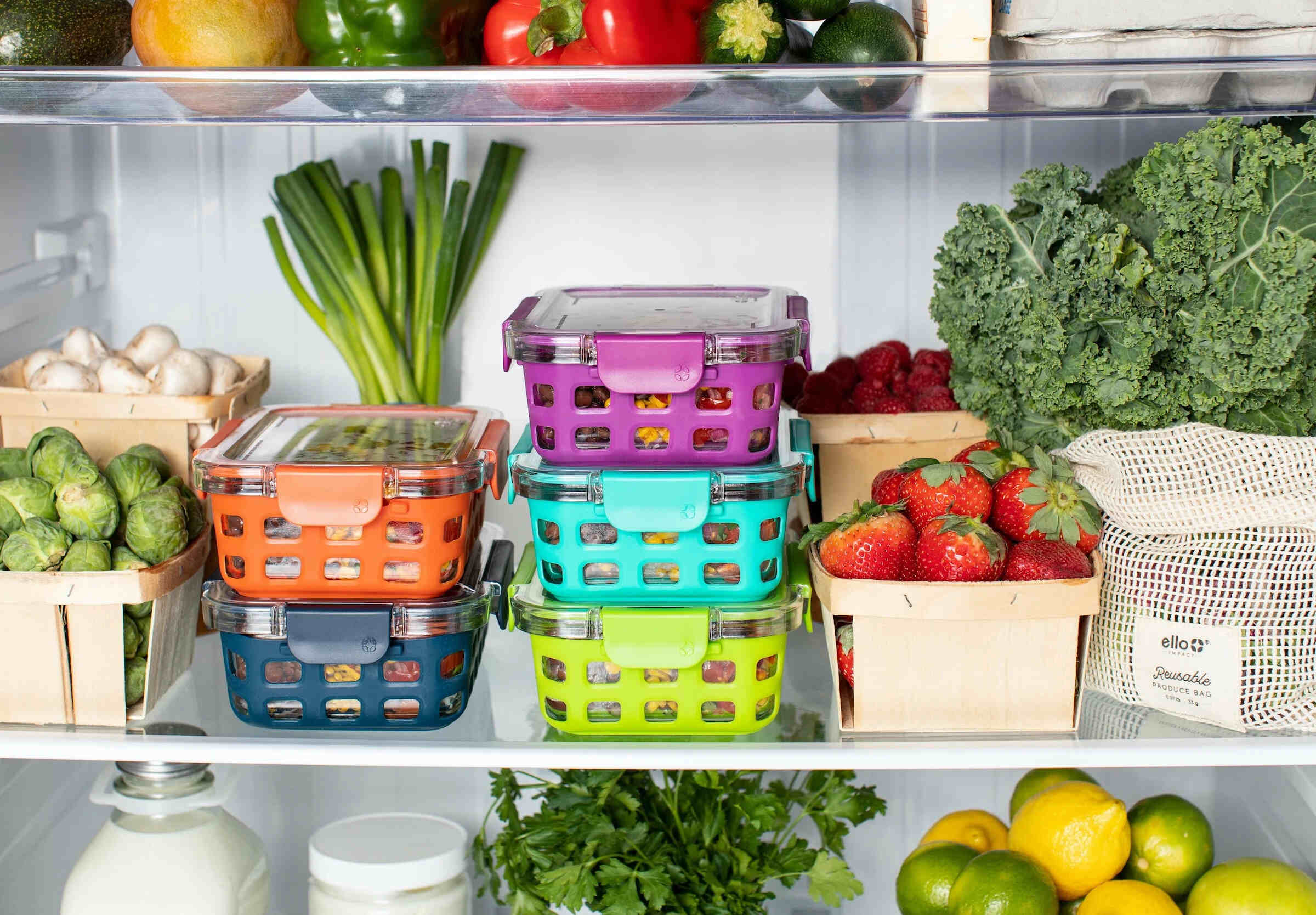

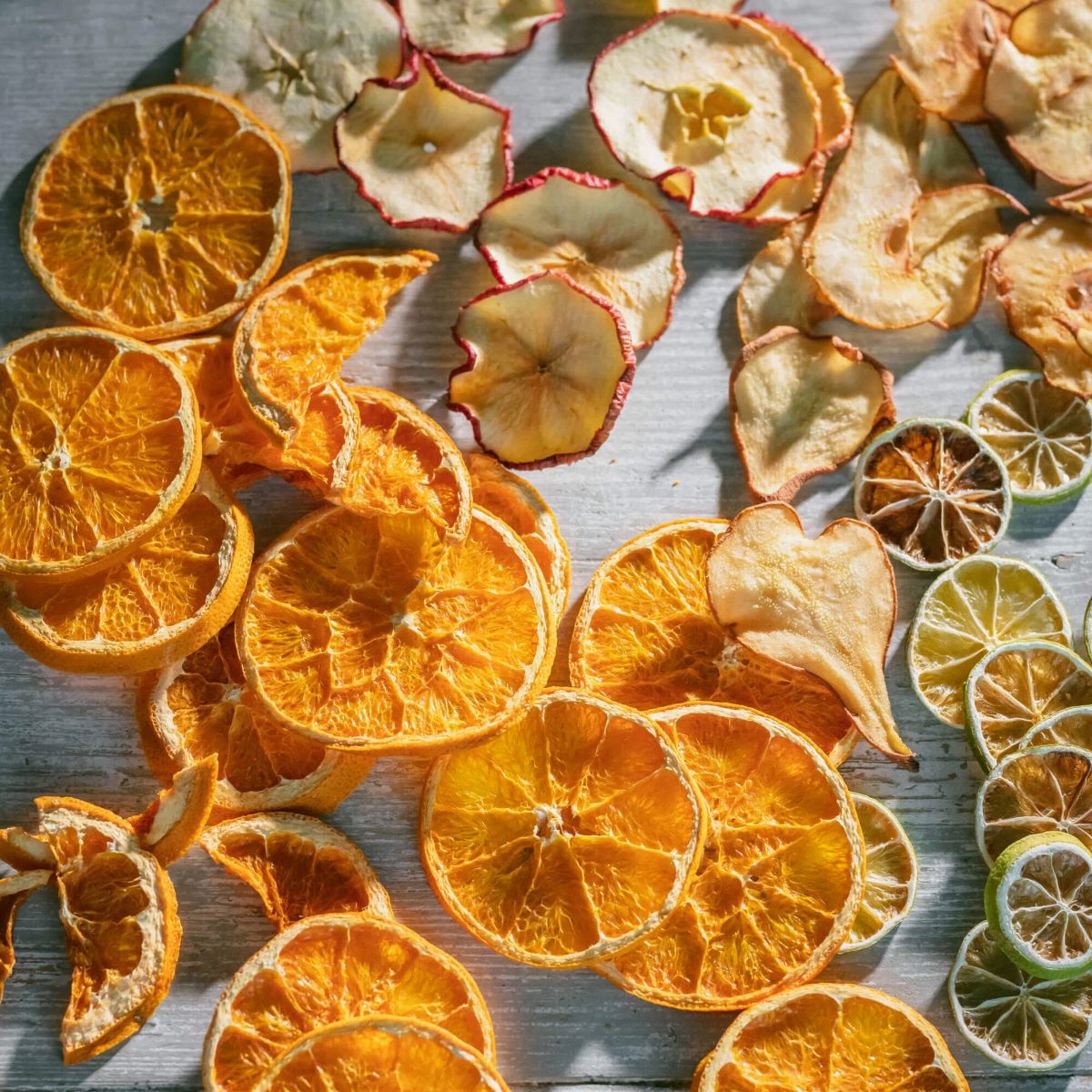

0 thoughts on “How To Store Fresh Fruit”